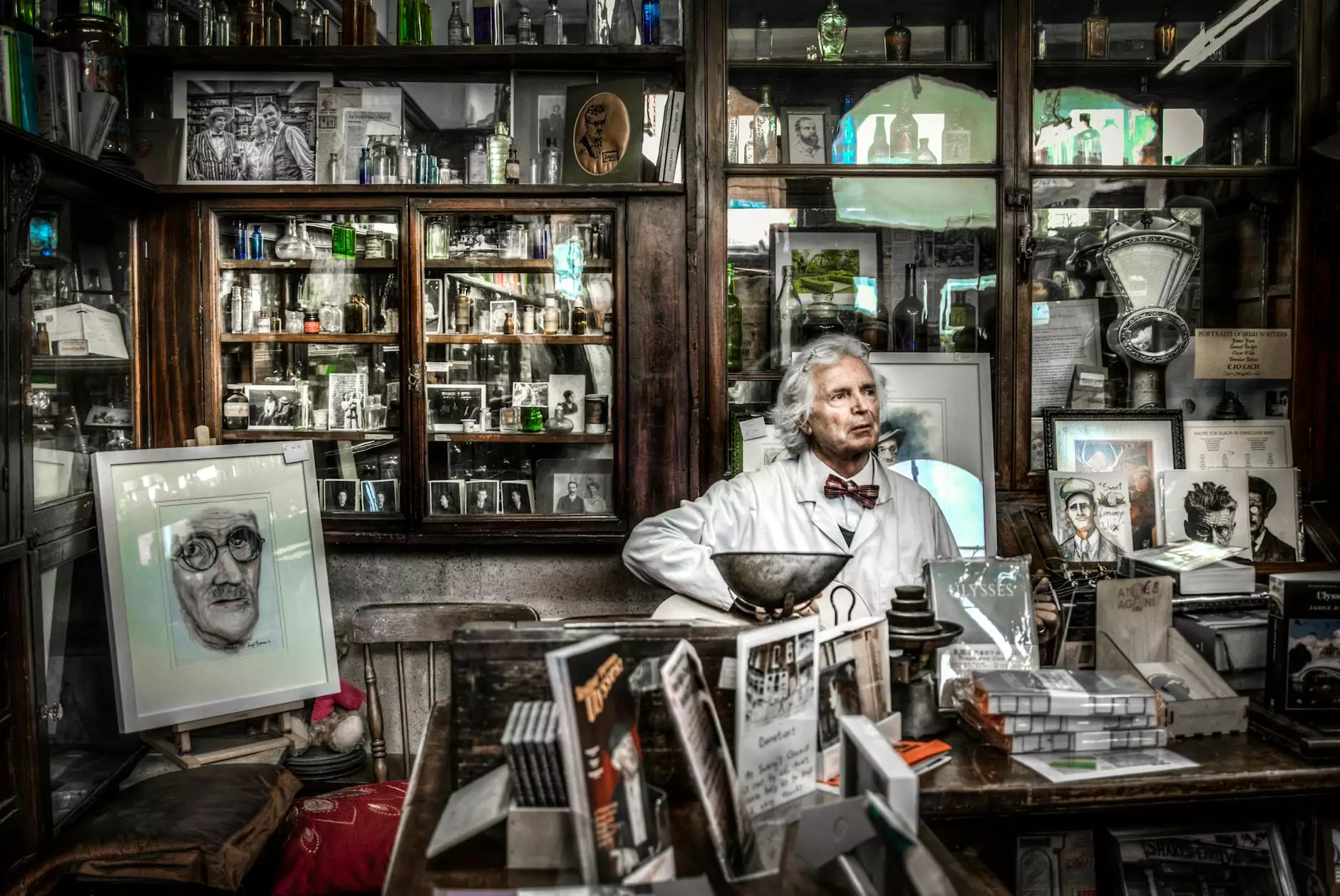Understanding the Market: Pharmastores Buy Diazepam

Diving into the pharmaceutical market reveals a complex web of interactions between suppliers, pharmacies, and consumers. One significant segment of this market involves pharmastores buying Diazepam, a commonly prescribed medication. This article will explore the multifaceted aspects of Diazepam, from its medical uses to the regulatory environment that governs its distribution. We will also shed light on the role of addiction medicine in managing its use.
What is Diazepam?
Diazepam is a member of the benzodiazepine family of medications, primarily used to treat anxiety, muscle spasms, and seizures. It functions by enhancing the action of a neurotransmitter called gamma-aminobutyric acid (GABA), leading to a calming effect on the brain and body.
Commonly known by its brand name, Valium, Diazepam has gained a reputation as a trustworthy medication for various ailments:
- Anxiety Relief: Diazepam is often prescribed for general anxiety disorders.
- Muscle Relaxation: It helps reduce muscle tightness and spasms.
- Seizure Control: It's effective in controlling certain types of seizures.
- Alcohol Withdrawal Symptoms: Diazepam may assist those detoxifying from alcohol.
The Importance of Pharmastores in Securing Diazepam
Pharmastores play a pivotal role in ensuring that patients have access to Diazepam. These establishments maintain a delicate balance between meeting consumer needs and adhering to strict regulatory guidelines. The process of pharmastores buying Diazepam involves several layers of complexity, from sourcing to distribution.
Sourcing Diazepam
When pharmastores seek to buy Diazepam, they typically work with licensed wholesalers and manufacturers. These suppliers must meet specific regulatory standards to ensure the quality and safety of the medications provided. Pharmacies need to confirm that their suppliers are legitimate and adhere to proper guidelines during the procurement process.
Distribution Channels
Once pharmastores acquire Diazepam, they need effective distribution channels. This involves logistics, storage conditions, and inventory management to maintain the medication's integrity. The control over these aspects ensures that patients receive high-quality medications without degradation.
Regulatory Framework Governing Diazepam
The legal landscape surrounding Diazepam is significant, given its potential for misuse and dependency. In many countries, Diazepam is classified as a controlled substance, which means that its distribution and use are tightly regulated to prevent abuse.
- Prescription Requirement: Diazepam typically requires a doctor's prescription, ensuring that it is used appropriately.
- Monitoring Programs: Some jurisdictions require pharmacies to report prescriptions to monitoring programs to track usage patterns.
- Secure Storage: Pharmacies must store controlled substances like Diazepam in secure locations to mitigate theft and misuse.
Understanding Addiction Medicine in Relation to Diazepam
As a medication with the potential for dependency, the field of addiction medicine becomes crucial when discussing Diazepam. Addiction specialists focus on helping individuals who may develop a dependency on this medication. The approach is multifaceted and can involve the following:
Assessment and Monitoring
Doctors and addiction specialists conduct thorough assessments to determine whether patients may be at risk for dependency. Close monitoring of patients who are prescribed Diazepam is essential, as it allows healthcare providers to adjust dosages or explore alternative treatments if necessary.
Education on Medication Use
Patients prescribed Diazepam must receive education about its use, potential side effects, and the risks associated with long-term use. Understanding these aspects can empower patients to make informed decisions about their treatment.
Challenges Faced by Pharmastores in the Current Market
Despite the critical role that pharmastores play, they face numerous challenges in the current market landscape:
- Competition: With the rise of online pharmacies, traditional pharmastores must adapt to remain competitive.
- Regulatory Compliance: Keeping abreast of changing laws and regulations can be daunting.
- Public Perception: Pharmacies must work to build trust with consumers regarding the safe use of medications like Diazepam.
Strategies for Successful Pharmastores
To thrive in a challenging environment, pharmastores can implement several strategies:
- Enhancing Customer Service: Providing exceptional service can differentiate a pharmacy from its competitors.
- Incorporating Technology: Using online platforms for communication and ordering can meet the evolving needs of consumers.
- Community Engagement: Pharmacies can foster trust by engaging with their local communities through health workshops and education.
Conclusion: The Future of Diazepam in Pharmastores
As the pharmaceutical landscape evolves, the importance of pharmastores in providing access to medications like Diazepam remains unchanged. By understanding the intricacies of sourcing, distributing, and managing this medication, these businesses can continue to play a vital role in the healthcare industry.
Moreover, with the advent of addiction medicine focusing on preventing dependency and misuse, it is crucial for pharmastores to collaborate with healthcare providers to ensure patient safety and effective treatment outcomes.
In summary, the discussion surrounding pharmastores buying Diazepam reflects the broader themes of access, regulation, and health management in today's fast-paced pharmaceutical environment. As these dynamics continue to change, pharmastores must adapt and innovate to meet the needs of their patients while remaining compliant and ethical in their practices.
pharmastores buy diazepam








